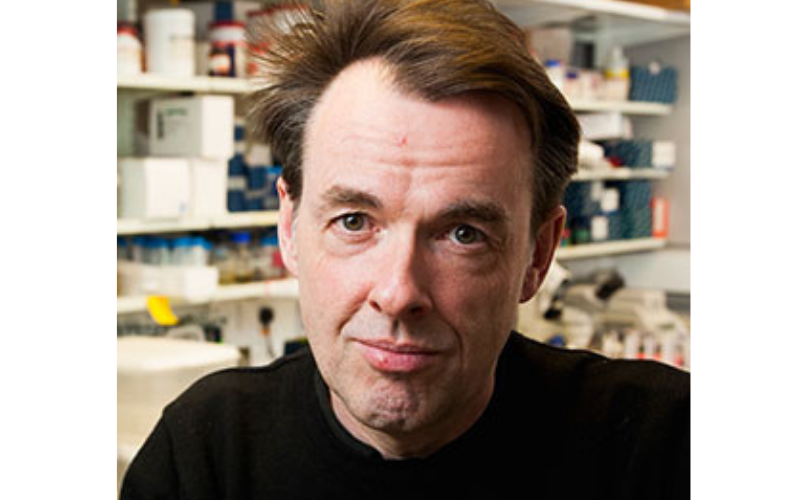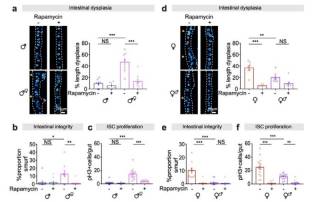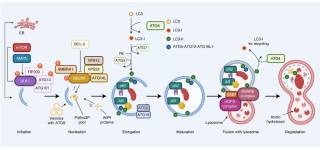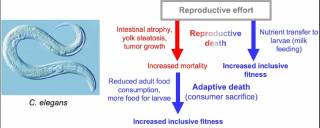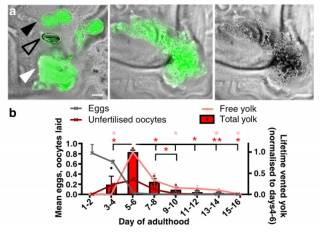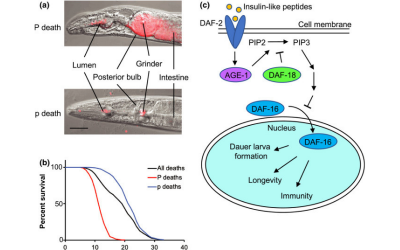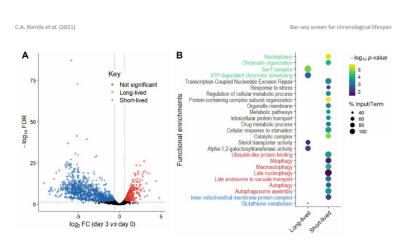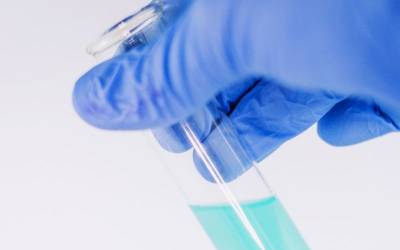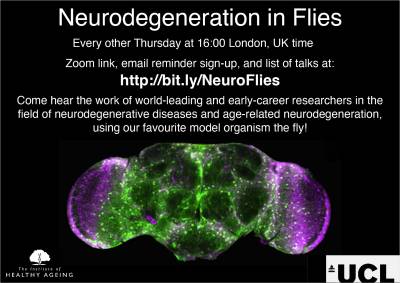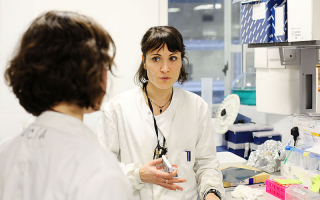Primary Causes of Ageing
Ageing (senescence) is a biological process that is the principal cause of severe and life-threatening disease worldwide. This includes cardiovascular disease (stroke, coronary heart disease, heart failure), cancer, chronic obstructive pulmonary disease (lung disease), dementia, osteoarthritis and many more. Despite this, the fundamental biological mechanisms of ageing are still not understood.
Elucidating the primary causes of ageing is critical for the development of effective therapies to prevent the development of diseases of ageing. How can we prevent Alzheimer's disease, for example, if we do not understand the ageing process that is its main cause? Understanding the biology of ageing is one of the most important challenges to biomedical research today.
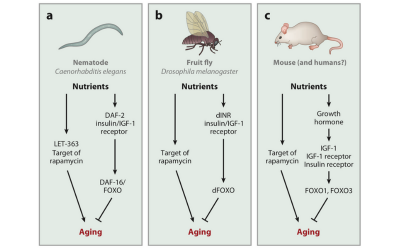
Ageing is a highly complex biological process, that appears to arise from a combination of different contributory factors, some environmental and some encoded by the wild-type genome. To tackle this complexity, we study ageing in simple and experimentally tractable organisms, including fission yeast (Bähler lab), nematode worms (Gems, Labbadia labs) and fruit flies (Alic, Kinghorn, Niccoli, Partridge labs), and then extend our findings to more complex organisms, such as turquoise killifish (Bähler lab), and mammals (Foukas, Labbadia, Partridge labs). In this way we look for the general principles that underlie the ageing process.
A major focus of our research is the experimental testing of existing theories about causes of ageing and the development of new ones. This includes both mechanistic and evolutionary theories, and the relationship between them. Our research has a strong emphasis on understanding how genes determine ageing rate, particularly through pathways that control growth (e.g. insulin/IGF-1 and mTOR signalling) and molecular chaperone function (e.g. heat shock factor), and the nature of the mechanisms of ageing that these pathways control ageing.
The latter may include molecular damage accumulation, protein aggregation and pathological changes due to programmatic mechanisms. We also study the retardation of ageing by dietary (or caloric) restriction, and of drugs that slow down the ageing process.
Some of the approaches we use to investigate primary mechanisms of ageing:
-Forward and reverse genetics
-Transcriptomics, proteomics
-Functional genomics and bioinformatics
-Lifespan analysis
-Senescent pathology analysis
-Nomarski, confocal and transmission electron microscopy
Research on Primary Causes of Ageing is funded by:
Research Labs
Recent Papers
Learn More
 Close
Close



